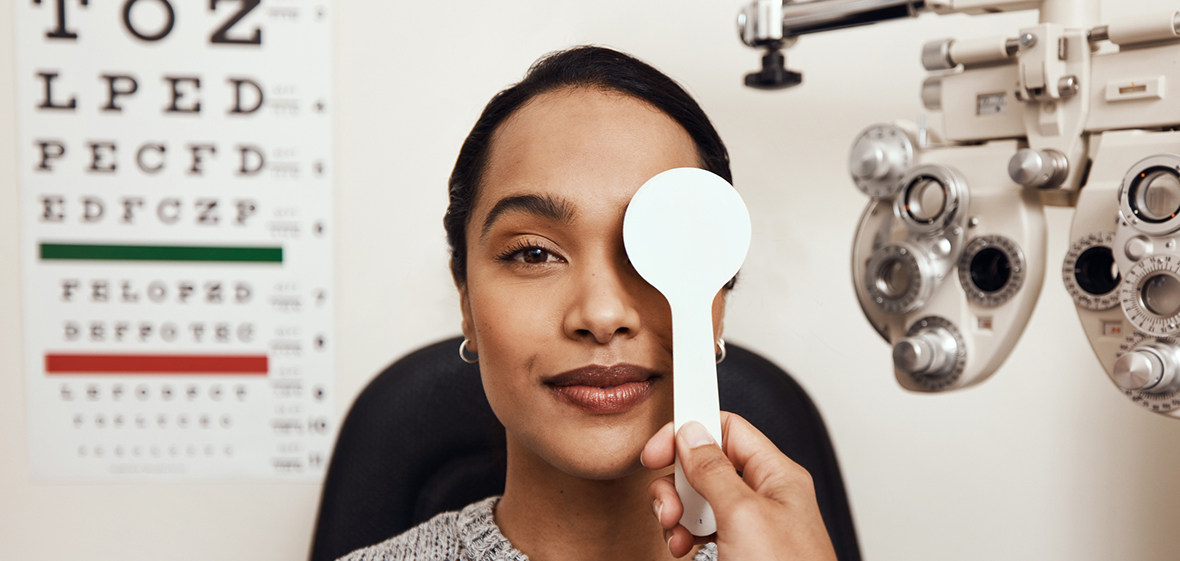
Did you know women have a substantially higher chance of developing eye diseases and conditions in their lifetime?
Worldwide, two-thirds of all people who are blind or visually impaired are women. There are several reasons for this imbalance that dramatically differentiate the eye health of women from men.
Why are Women More Likely to Have Eye Health Issues?
Age is a large risk factor for diseases like glaucoma, cataracts, macular degeneration and diabetic retinopathy. With women living an average of five years longer than men, they are more susceptible to developing age-related eye and vision difficulties.
Hormone fluctuation plays a significant role in eye health as well. Women tend to have more intense changes in hormone levels as they experience puberty, pregnancy and menopause. Visual changes are very common during pregnancy as women experience an increase in estrogen levels, but vision usually returns to normal post-pregnancy.
Additionally, women taking birth control pills may experience visual challenges as their levels of progesterone and estrogen fluctuate. Rapidly changing hormone levels can result in dry eye syndrome, an uncomfortable condition that causes a burning feeling in the eyes, tearing and foreign body sensation typically experienced at the end of the day. Many confuse these symptoms with seasonal allergies or contact lens issues and do not consider treatment, potentially leading to permanent eye damage.
Smoking while taking birth control also puts women at a higher risk of thrombosis, or increased clotting, of veins in the retina, as well as other parts of the body. In older female individuals, low tension glaucoma can be a concern and sometimes presents as a challenging diagnosis.
Those with autoimmune disorders have a higher risk of developing eye disorders too. Women make up 75% of those living with autoimmune disorders, which contributes greatly to the uneven rate at which they experience eye health issues. The following disorders are commonly associated with changes in eye health:
- Rheumatoid arthritis
- Multiple sclerosis
- Lupus
- Graves’ disease
- Sjogren’s syndrome
- Pseudotumor cerebri
What Can I Do to Enhance My Eye Health?
It’s ideal to take a preventative approach to your eye health, regardless of if you are male or female. One of the best things you can do is maintain a healthy diet full of vitamins A, C, E, Omega-3 and zinc. Eating a serving of leafy green vegetables each day is a great way to get these important nutrients. Reducing your alcohol intake and quitting smoking can also help you sustain healthy eyes.
Additionally, exercise and weight management can help lower your eye pressure and maintain healthy circulation. This is incredibly important in patients with diabetes, macular degeneration and glaucoma.
Routine check ups and vision screenings with your eye doctor are essential. Early detection of eye diseases or vision problems increases your chance of effective treatment and eye health preservation.
For further questions, be sure to speak with your eye care specialists or contact UofL Physicians – Eye Specialists for comprehensive eye care.








